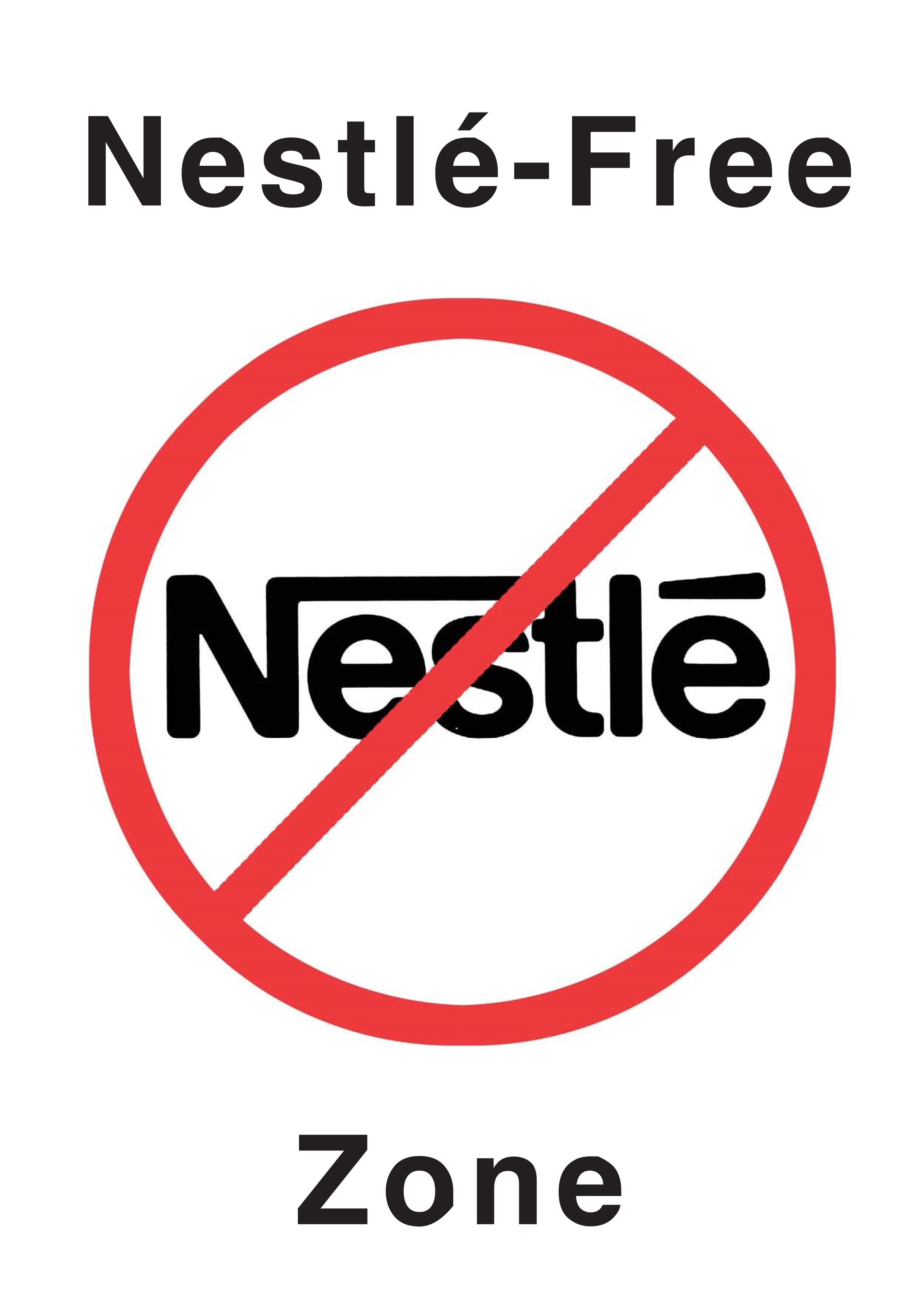International Breastfeeding Journal
Despite concerted efforts by policy developers, health professionals and lay groups, breastfeeding rates in Ireland remain one of the lowest in world, with 63.6% of mothers initiating breastfeeding at birth, d...
Clinical advice may suggest discontinuing breastfeeding after the diagnosis of phenylketonuria in infants as the only effective way to monitor the newborn's intake and accurate measurement of phenylalanine (Ph...
The Mothers’ Milk Tool, developed and launched by the Australian National University and Alive & Thrive in 2022, allows to estimate the volume and value of breastmilk using prevalence rates of breastfeeding by...
Despite the World Health Organization’s firm recommendation to start breastfeeding during the first hour after delivery, nearly 54% of children in low- and middle-income countries are unable to initiate breast...
The World Health Organization recommends the use of donated human milk (HM) as the second-best option for mothers who are temporarily unable to provide sufficient breast milk to meet the needs of their infants...
Improving breastfeeding rates is one of the most cost-effective ways to prevent infant deaths, but most of the world falls far below WHO recommended breastfeeding practices. Confident, informed healthcare work...
The global issue of low breastfeeding rates has been widely reported. Quantitative studies have shown the positive effects of peer support on breastfeeding. However, the experiences of mothers who receive brea...
Breastfeeding provides many short- and long-term health benefits for mothers and their infants and is a particularly relevant strategy for women who experience Gestational Diabetes Mellitus (GDM) during pregna...
While the presence of SARS-CoV-2 in human breast milk is contentious, anti-SARS-CoV-2 antibodies have been consistently detected in human breast milk. However, it is uncertain when and how long the antibodies ...
The World Health Organization states that women and their families need breastfeeding support from the healthcare system. However, knowledge about the most effective way to involve the partner in breastfeeding...
This study aimed to explore the effects of breast milk feeding volume on the early behavioral neurodevelopment of extremely preterm infants (gestational age < 28 weeks).
There are several versions of the Breastfeeding Motivation Scale (BMS), which have been shown to measure maternal breastfeeding motivation, but there is not a Chinese version yet. The study aimed to translate ...
Early initiation and exclusive breastfeeding are crucial in preventing child morbidity and mortality. Despite the importance of these practices, rates of timely initiation of breastfeeding and exclusive breast...
The World Health Organization recommends breastfeeding as the best method for infant feeding. Known risk factors for breastfeeding non-initiation and early cessation of breastfeeding are diverse and include lo...
The World Health Organization (WHO) recommends exclusive breastfeeding (EBF) in infants for the first 6 months of life. This analysis aims to estimate the proportion of Indian infants exclusively breastfed for...
During the breastfeeding period, important transient changes in calcium homeostasis are verified in the maternal skeleton, to meet the demand for calcium for breastmilk production. The literature is inconclusi...
More women with intellectual disabilities are becoming mothers but fewer are known to breastfeed compared with other women. Women with intellectual disabilities are entitled to accessible antenatal and infant ...
Uganda surpasses many African nations and the global average in exclusive breastfeeding (EBF) rates. Yet, malnutrition is a critical issue, with stunting impacting roughly 29% of children under 5 years. Enhanc...
Given the limited availability of research on the association between COVID-19 infection and breastfeeding success, the primary objective of this study is to conduct a comprehensive evaluation of this relation...
The syndemic effects of poverty, food insecurity and living with HIV are recognized as global health priorities, including through the United Nations Sustainability Goals 1, 2 and 3. Today, women and girls acc...
Most Recent Articles: International Breastfeeding Journal
SubscribeFeliratkozás a következőre: International Breastfeeding Journal hírcsatorna

